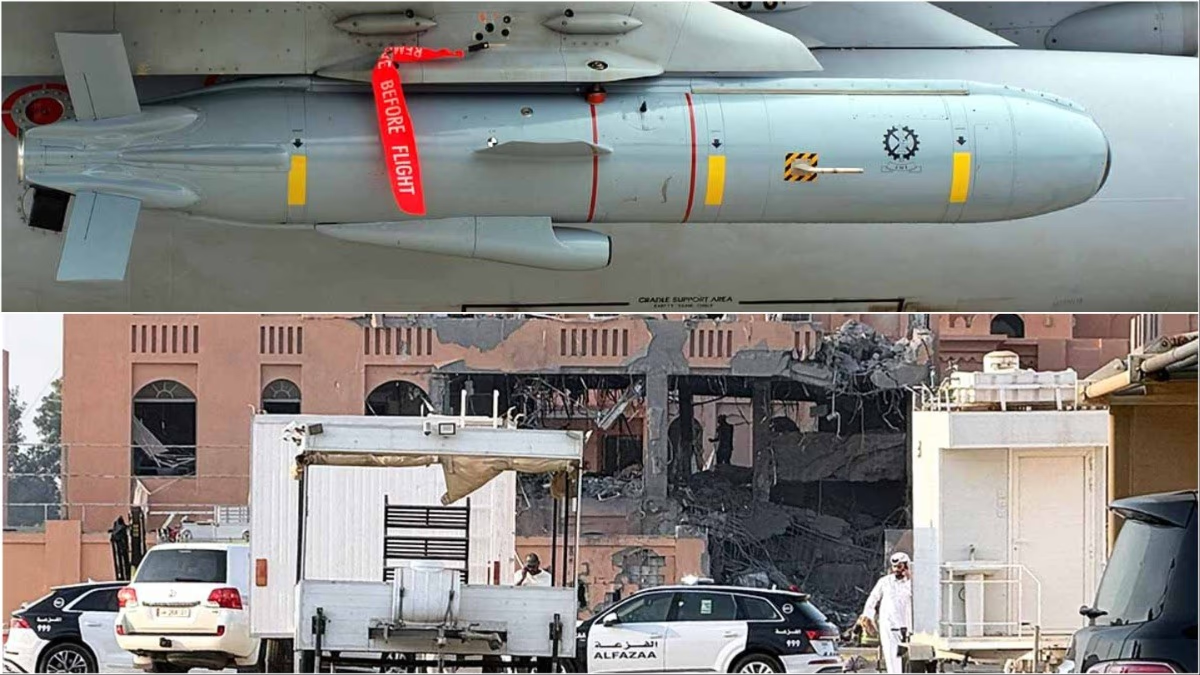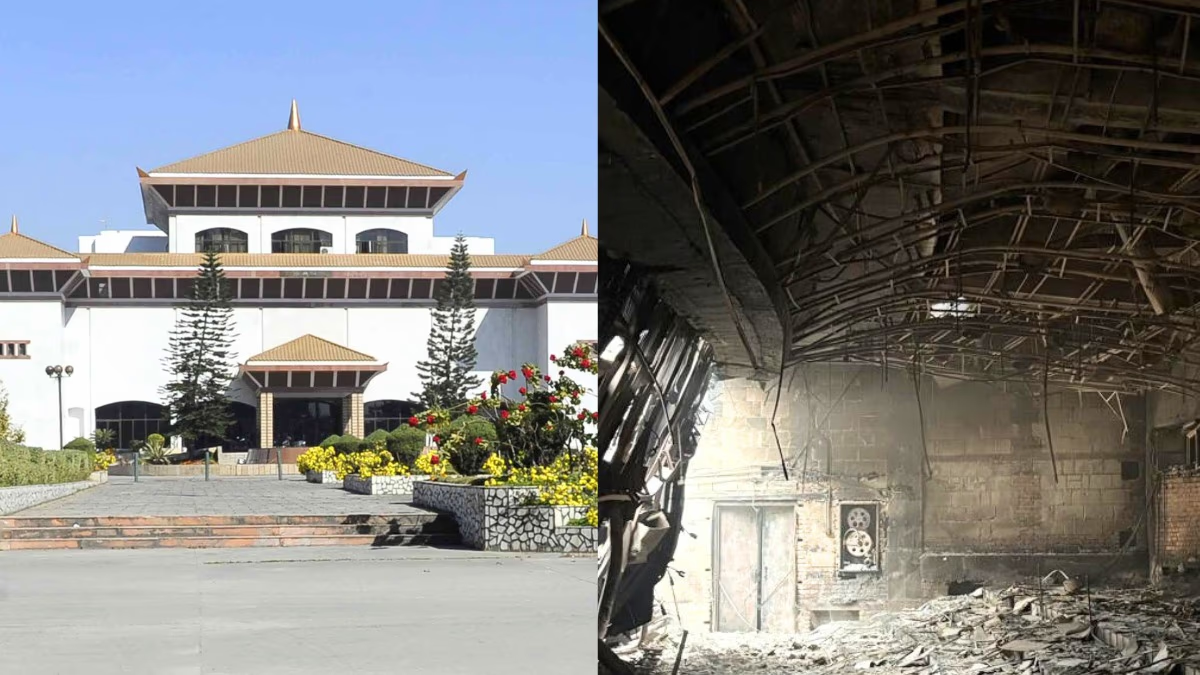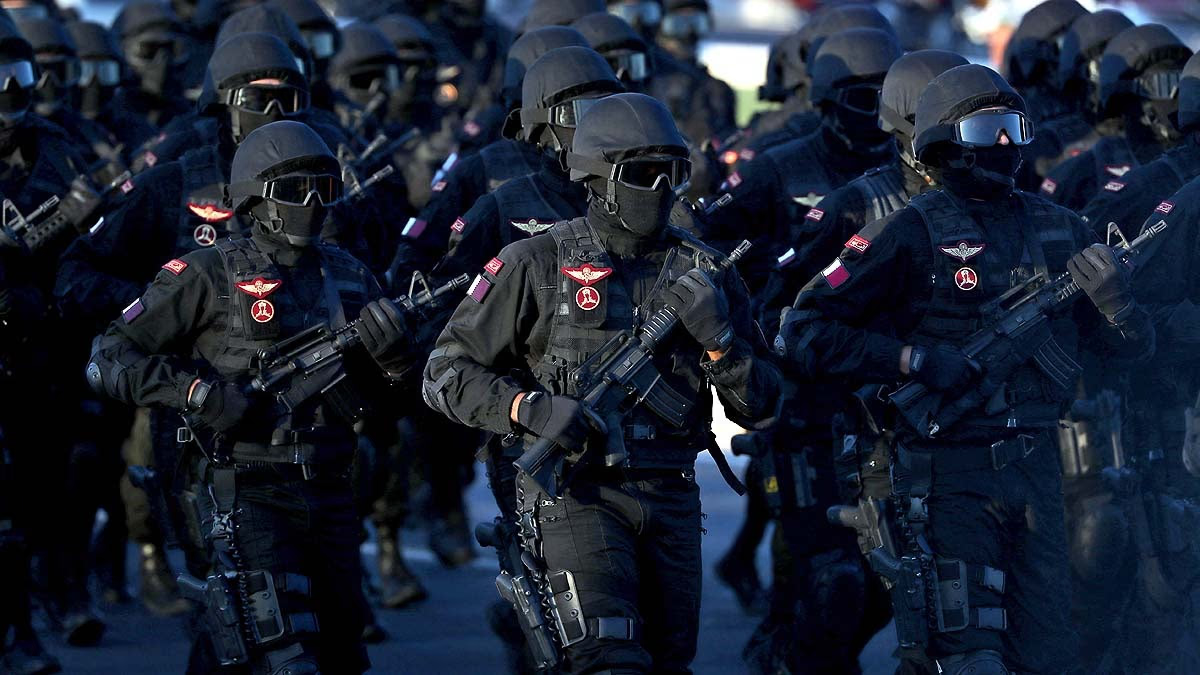On September 9, 2025, Israel conducted an aerial strike targeting Hamas leaders in Doha, Qatar's capital, utilizing radar-evading weapons. This act has been labeled terrorism by the Qatari government, violating their sovereignty. There's a lingering question: Could this escalate to war between Qatar and Israel?
Israeli Strike in Doha: What Happened?
At 3 PM local time, on September 9, 2025, loud explosions resonated throughout Doha. The Israeli Defense Forces (IDF) confirmed targeting senior Hamas leaders with precision strikes. This action took place in the West Bay Lagoon and Katara areas, home to foreign embassies, schools, and residential buildings.
Read More:
This location also housed Hamas's political office where leaders were discussing ceasefire negotiations related to Gaza. The strike involved 15 fighter jets and over 10 munitions. Israel claims it specifically targeted Hamas's lead negotiator Khalil al-Hayya and others responsible for the October 7, 2023, attack.
Hamas reported five low-level members were killed, while prominent leaders, including Khalil al-Hayya and Khaled Meshaal, survived. Tragically, Khalil al-Hayya's son, Humam, and an aide perished. Qatar's Interior Ministry reported one Qatari security officer was also killed and several were injured.
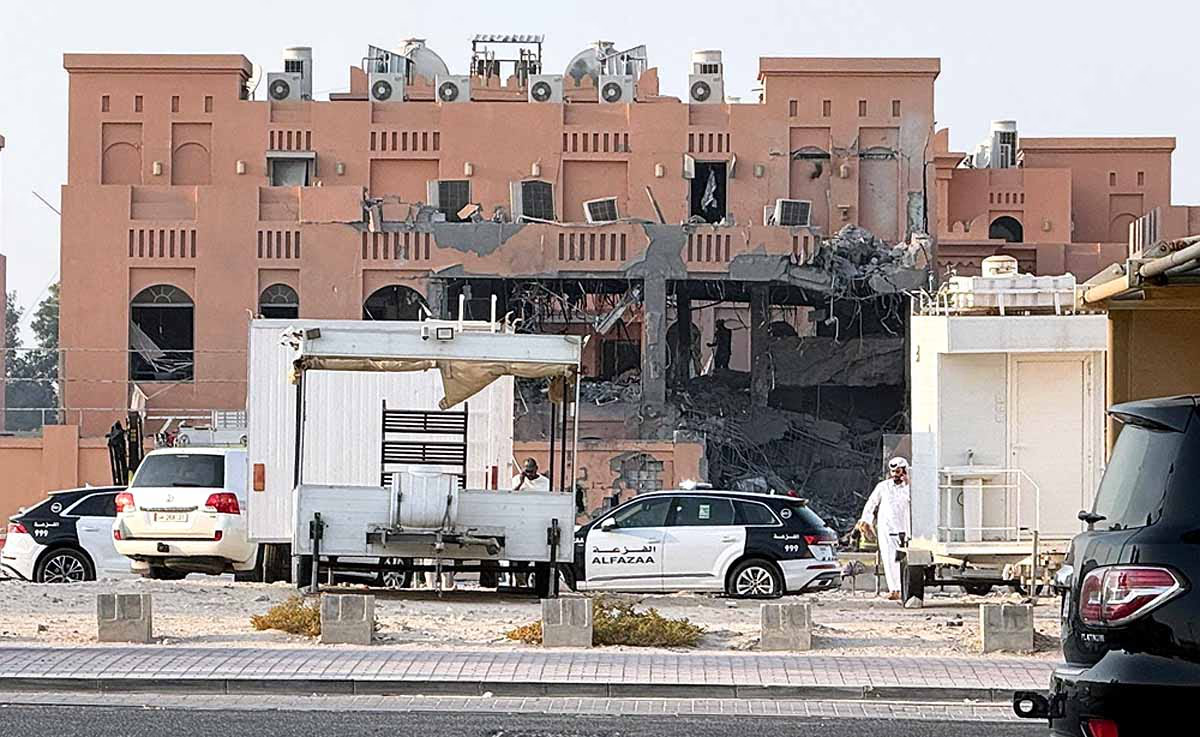
Source: aajtak
Qatar's Prime Minister Sheikh Mohammed bin Abdulrahman Al-Thani asserted that Israel used weapons undetectable by their radar. This suggests the employment of stand-off missiles or stealth technology capable of executing attacks unrecognized within Qatari airspace.
Qatar's Reaction and War Odds
Qatar labeled this strike cowardly and a blatant breach of international law. The country's Foreign Ministry spokesperson, Majed Al-Ansari, stated that they will not tolerate such reckless behavior. Emir Sheikh Tamim bin Hamad Al-Thani condemned the attack during a phone call with U.S. President Donald Trump.
Also Read:
Qatar filed a complaint with the United Nations Security Council, reserving its right to respond. Does this hint at war? Experts believe a direct military confrontation between Qatar and Israel is improbable due to Qatar's military and diplomatic stance...
Differences in Military Capability:
In the 2025 Global Firepower Index, Israel stands at 15th while Qatar is at 62nd. Israel boasts F-35 stealth jets, nuclear weapons, and an Iron Dome missile defense system. In contrast, Qatar operates Rafale and F-15QA jets but lacks the size and capability for long-range missiles or nuclear arms.
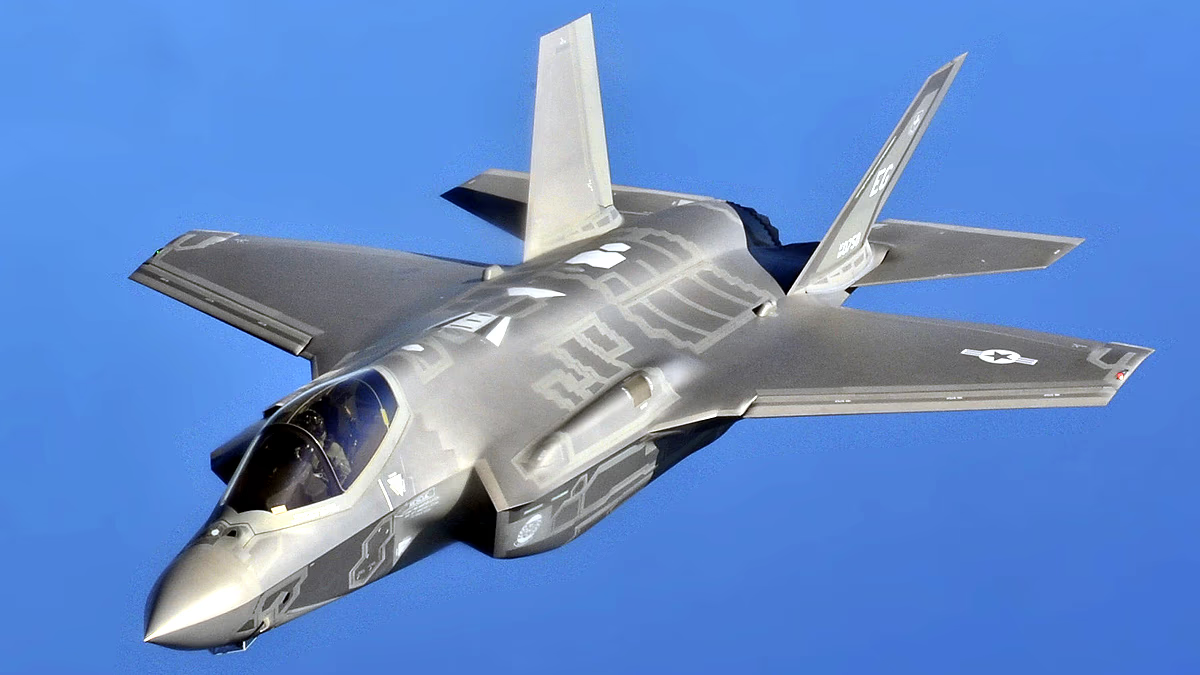
Source: aajtak
American Support:
The Al Udeid Air Base in Qatar, hosting 10,000 U.S. troops, is integral to Qatar's security. Although the U.S. denounced the strike, it ruled out military intervention. President Trump expressed discontent over the attack but acknowledged targeting Hamas as a legitimate aim.
Diplomatic Strength:
Qatar's real power lies in diplomacy. It has been a mediator in Gaza ceasefire talks and can exert global pressure through media outlets like Al Jazeera. Post-attack, Qatar halted but didn't entirely cease its mediation efforts.
Regional Alignment:
Saudi Arabia, UAE, and Jordan denounced the strike, showing solidarity with Qatar. Turkey and Iran criticized Israel as well. However, military support from these nations seems unlikely.
Read More:
Israel's Perspective
Israeli Prime Minister Benjamin Netanyahu accepted responsibility for the strike, labeling it an autonomous operation. He affirmed that Hamas's terror leaders won't be allowed refuge anywhere. Israel claims this attack was a retaliation for Hamas's actions on September 8, 2025, in Jerusalem, which resulted in six casualties, and the death of four soldiers in Gaza. Israel insists on using precise munitions to avoid civilian harm.
The attack didn't eliminate key Hamas leaders, causing some frustration among Israeli military personnel. Former Prime Minister Naftali Bennett framed this as self-defense, while opposition leader Yair Lapid backed the action. Israel asserts this strike might be a step toward ending the Gaza conflict, though it's unclear how targeting Hamas negotiators achieves that.
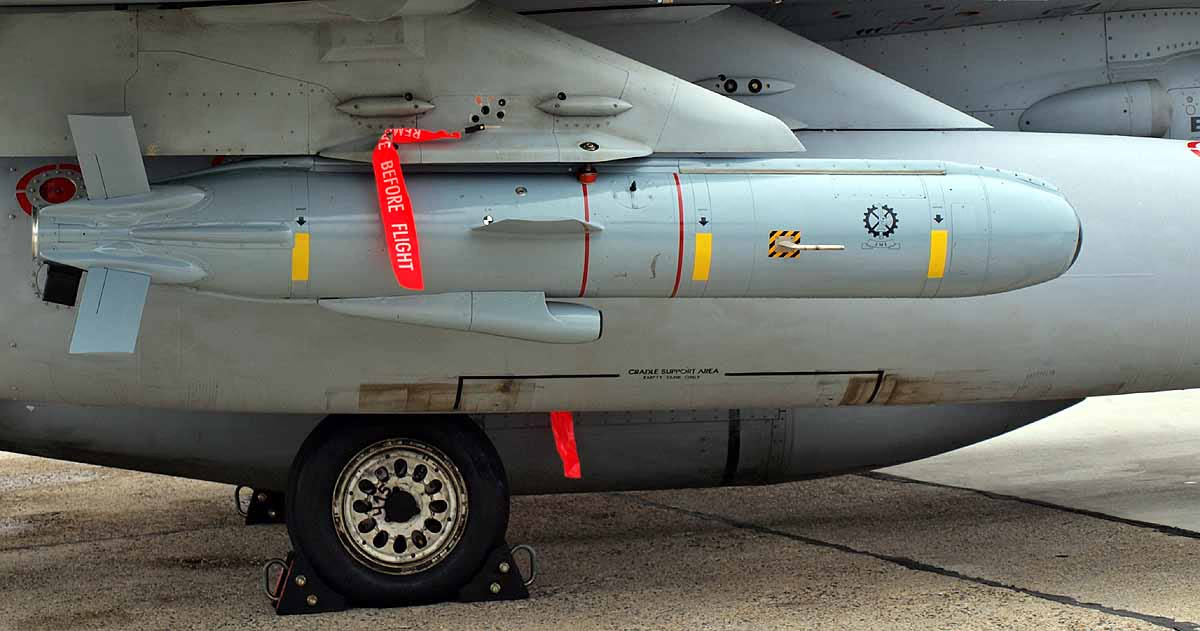
Source: aajtak
Stealth Weaponry
Qatar's Prime Minister claimed Israel deployed weapons that evaded radar detection. Experts suggest the use of stand-off missiles like the Delilah cruise missile or munitions enriched with stealth technology.
These weapons can be launched from afar, sparing Israeli jets from entering Qatari airspace. Thus, Qatar's air defense system, including the Patriot missile system, failed to intercept them. Israel's arsenal includes F-35 stealth jets and Jericho III missiles with such capabilities.
Potential War and Its Ramifications
Direct war between Qatar and Israel seems improbable for several reasons...
Also Read:
Military Disparity: Israel's military is significantly more powerful than Qatar's, with advanced missile defense and nuclear capabilities, along with extensive combat experience. Qatar's defense is primarily protective, lacking aggressive offense potential.
American Pressure: The U.S. condemned the strike and assured Qatar it won't recur. America is an ally of both nations, aiming for regional stability.
Qatar's Strategy: Choosing diplomacy over military response, Qatar lodged a UN complaint and sought regional support.
Regional Tension: Countries like Saudi Arabia, UAE, Jordan, and Turkey criticized the attack, but a military coalition is improbable. Iran condemned the attack but refrained from direct involvement.
The strike significantly disrupted the Gaza ceasefire talks. Qatar paused its mediation, dampening hopes for hostage release and ceasefire conclusion in Gaza. The United Nations, the UK, Canada, and Japan also condemned the attack, citing regional instability implications.
